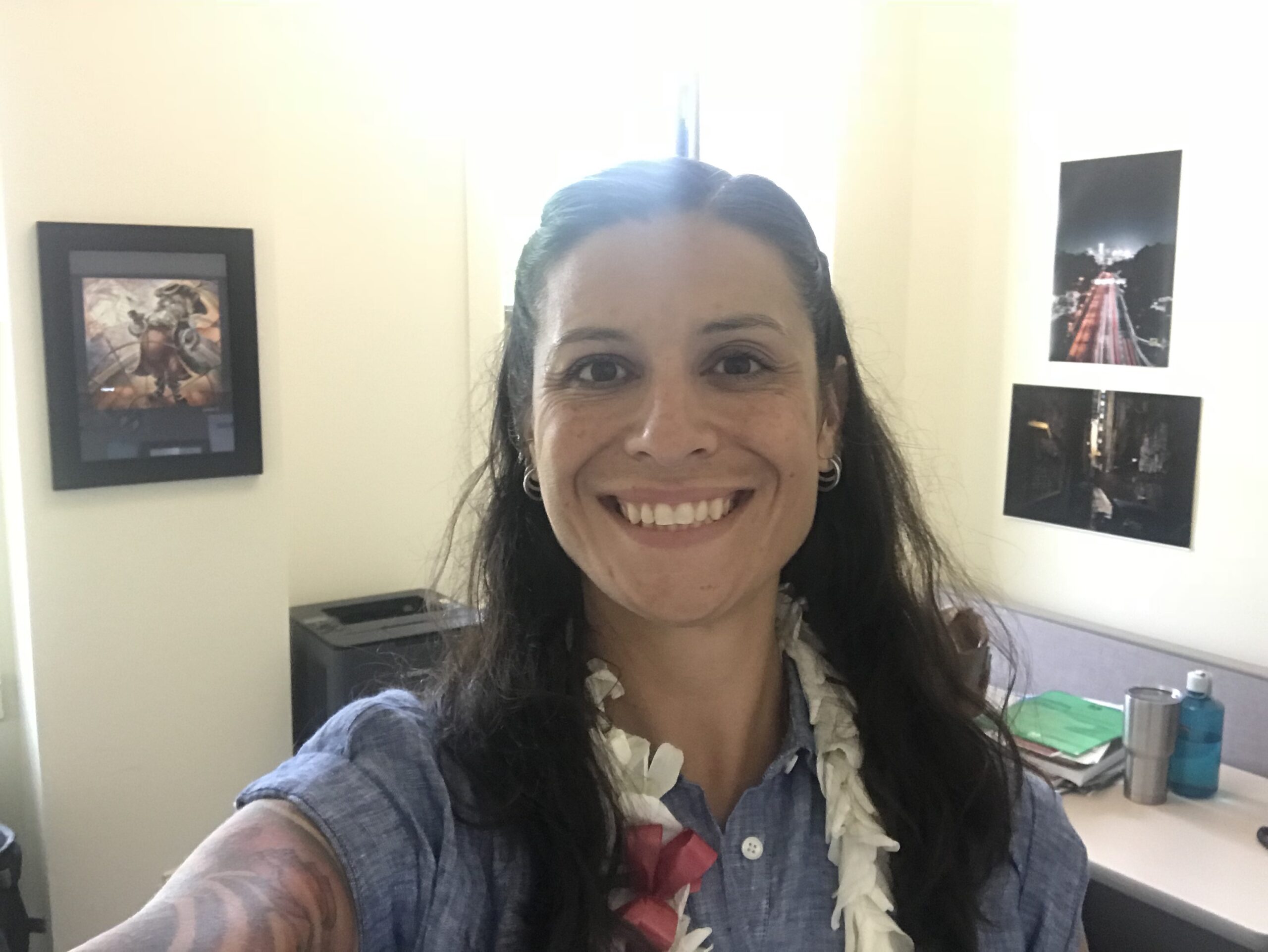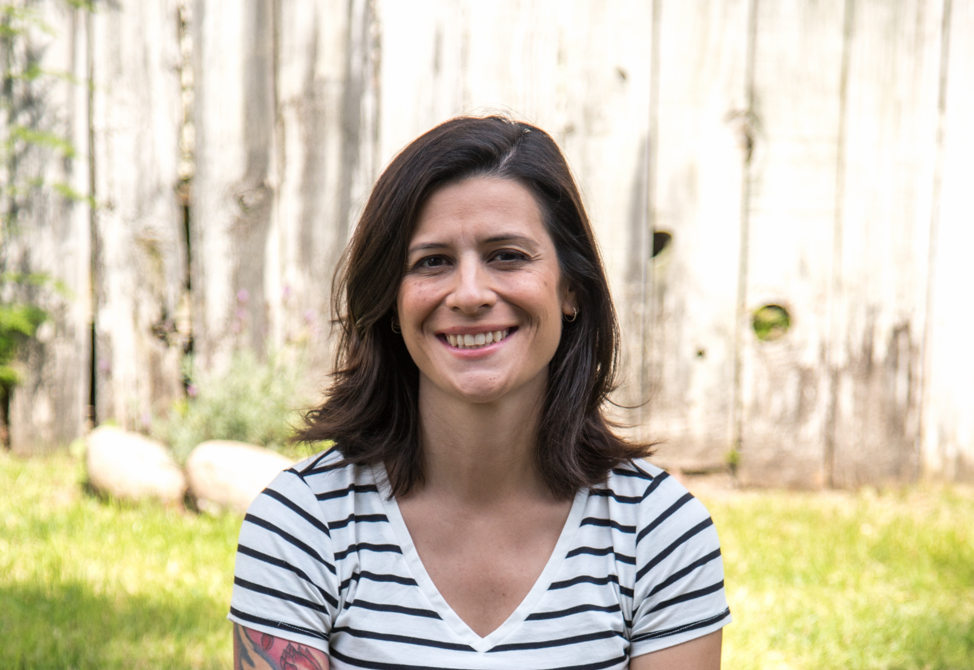
Dr. Amanda Yoshioka-Maxwell is an assistant professor at the University of Hawaii at Manoa.
In what ways can network connections help us understand trends among youth homelessness? How can we use social network analysis to better understand risk behaviors among foster youth? These are some of the questions that intrigue Amanda Yoshioka-Maxwell, PhD alum of the USC Suzanne Dworak-Peck School of Social Work, who is currently an assistant professor at the University of Hawaii at Manoa. If you want to know more about Amanda’s research and the impact CAIS had in her life, continue reading, and stick until the end for some advice for those interested in pursuing a PhD in social work.
Tell us a little about yourself.
My name is Amanda and I was born and raised in Southern California. I went to USC for my bachelors and eventually PhD in social work. I am an absolute lover of research, and really enjoy what I do.
Tell us about your research.
My research is very much focused around transitional age youth and former foster youth with experiences of homelessness, and their exposure to risk factors. I am a quantitative researcher through and through- I love data and data analysis, modeling, etc. My work has focused largely at the intersection of child welfare involvement and homelessness, trying to understand risks unique to this population.
What is social network analysis and how does it relate to your other research interests, like youth homelessness and sex risks?
Social network analysis is a tool that we use to examine networks of individuals. This data captures information about the individual, but also collects information about the people they are connected to in their social networks. Understanding the types of network connections and behaviors of network connections can shed light on trends among the network as a whole and/or trends among individuals in the network. So in my case, I have used and collected data on transitional age youth experiencing homelessness and their networks, examining the social networks of youth experiencing homelessness, and how their connections to network members is associated with their own risk behaviors. I’ve also looked at sociometric data, the bounded network, and how characteristics of the network itself, such as density, impact overall engagement in drug and sex risk behaviors.

What sparked your initial interest in these topics?
My interest in homeless populations has pretty much always existed; I spent a lot of time in my youth volunteering with communities experiencing homelessness. My clinical work as a social worker was primarily with foster youth, and the connection between the two populations seemed strong to me, as I was aware that many foster youth would end up experiencing homelessness in their lives, and a large percentage of homeless adults have experience in the child welfare system. All credit for my interest in social network analysis really goes to Dr. Eric Rice at USC, who introduced me to network analysis and let me explore a wide range of quantitative methods.
Tell us about how USC impacted your decision to pursue teaching and continuing research.
As a doctoral student at USC, I really loved my coursework in quantitative analysis and statistical theory. Getting hands-on experience with data early on in my program helped me see the impact that research can have and how much I wanted to be a part of it. Similarly, my exposure to teaching statistics while still in my doctoral program allowed me to learn and grow in my ability to share my knowledge and interests to others.
How has your experience at USC prepared you for your current research and work?
My experience at USC greatly prepared me for my current work and was instrumental in my success. And I think this comes from the wealth of knowledge and resources available to PhD students at USC, from seminars on preparing us for the job market, one-on-one work with professors who provided invaluable mentorship, both academically and professionally. We had access to a wealth of courses across the university, opportunities to present at conferences, publish, and train.
What advice would you offer to someone considering pursuing a PhD in social work?
I would suggest that individuals interested in a PhD understand the difference between clinical social work and research in social work. They can inform each other, of course, but they are vastly different areas of work. Having a clear understanding of one’s interest in social work is essential in successfully pursuing a PhD.



